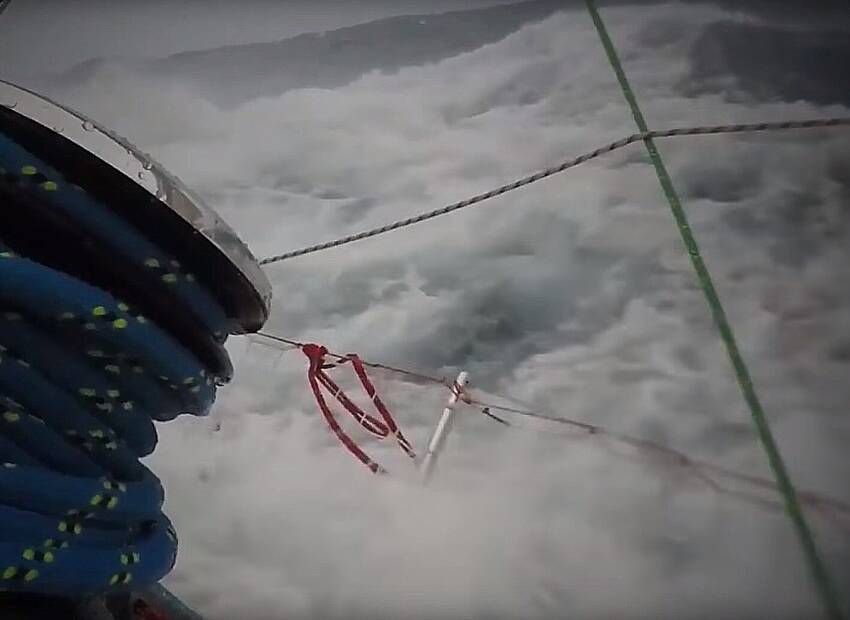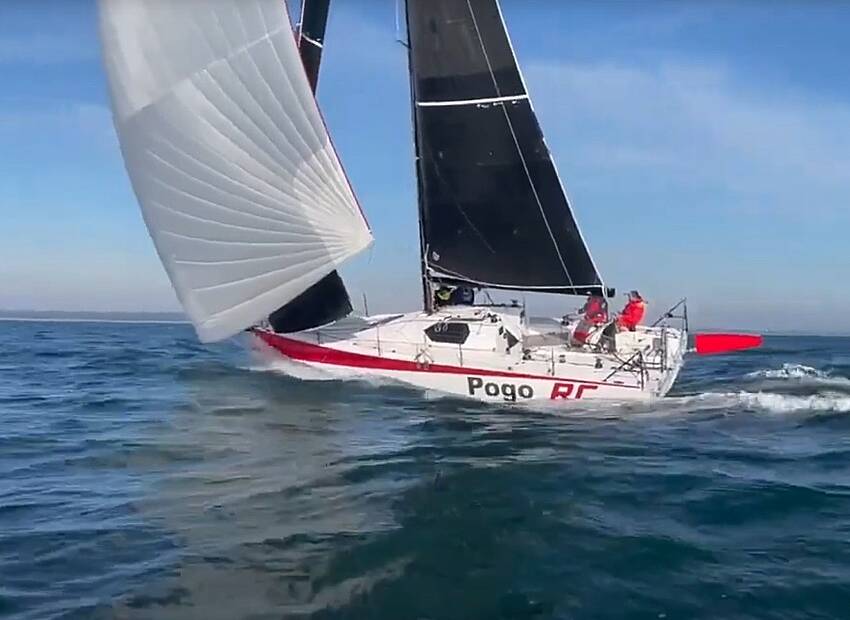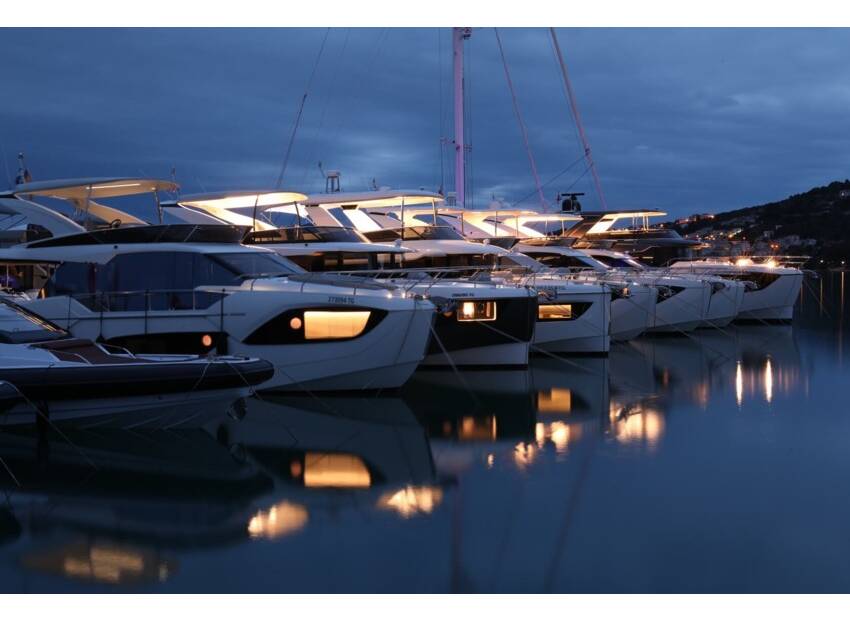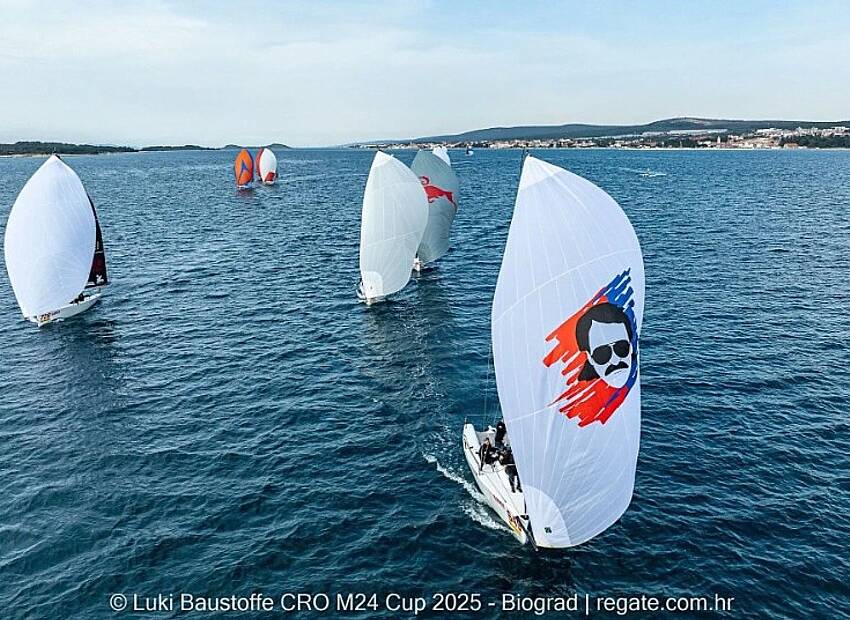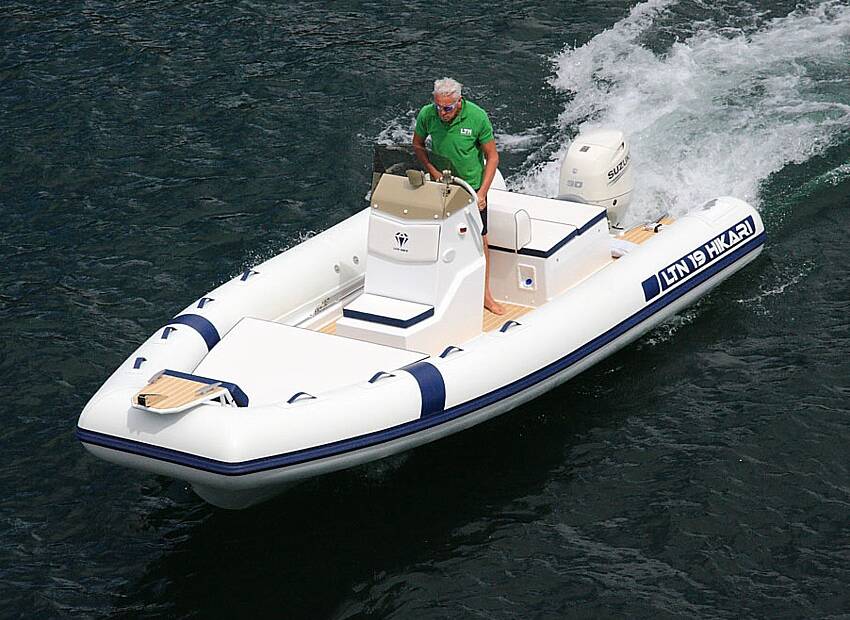What You Always Wanted to Know About Hypothermia But Were Afraid to Ask (a BoatTEST.com article)
Expected Survival Time in Cold Water
Water / Exhaustion, unconsciousness in / Survival time
21-27 C / 3-12 hours / 3 h – indefinitely
16-21 C / 2-7 h / 2-40 h
10-16 C / 1-2 h / 1-6 h
4-10 C / 30-60 min / 1-3 h
0-4 C / 15-30 min / 30-90 min
0 C / under 15 min / under 15-45 min
Preparation
Rule number one: Always wear a personal flotation device (PFD) when boating.
Proper preparation is essential when boating on cold water. Make sure your boat and equipment are in first class condition. Check the weather forecast before leaving for your event. Always tell someone where you are going and when you expect to return. Dress in several layers of light clothing. Next to a diver´s wet suit, wool clothing offers the best protection.
Here´s what happens to a person in the cold water
Survivors of cold water accidents have reported the breath driven from them on first impact with the water. Should your face be in the water during that first involuntary gasp for breath, it may well be water rather than air. Total disorientation may occur after cold water immersion.
- Immersion in cold water can quickly numb the extremities to the point of uselessness.
- Cold hands cannot fasten the straps of a lifejacket, grasp a thrown rescue line, or hold onto an over-turned boat.
- Within minutes, severe pain clouds rational thought. And, finally, hypothermia (exposure) sets in, and without rescue and proper first aid treatment, unconsciousness and death.
- Normal body temperature of course is 98.6. Shivering and the sensation of cold can begin when the body temperature lowers to approximately 96.5.
- Amnesia can begin to set in at approximately 94, unconsciousness at 86 and death at approximately 79 degrees.
This polar bear dip is cute, but in water under 60-degrees, these bares would be extinct in one hour.
What To Do In The Water
Cold water robs the body´s heat 32 times faster than cold air. If you should fall into the water, all efforts should be given to getting out of the water by the fastest means possible.
Persons boating in the cold water months should be thoroughly skilled in rescue and self-rescue techniques.
- Most accidents involve small boats which with practice can be righted and re-entered. Most boats, even filled with water, will support the weight of its occupants.
- If the boat has capsized and cannot be made right, climb on top of it.
- Physical exercise such as swimming causes the body to lose heat at a much faster rate than remaining still in the water. Blood is pumped to the extremities and quickly cooled.
- Few people can swim a mile in fifty degree water. Should you find yourself in cold water and are not able to get out, you will be faced with a critical choice - to adopt a defensive posture in the water to conserve heat and wait for rescue, or attempt to swim to safety.
- Should you find yourself in the water, avoid panic. Air trapped in clothing can provide buoyancy as long as you remain still in the water.
- Swimming or treading water will greatly increase heat loss and can shorten survival time by more than 50%.
- The major body heat loss areas are the head, neck, armpits, chest and groin. If you are not alone, huddle together or in a group facing each other to maintain body heat.
www.boattest.com













